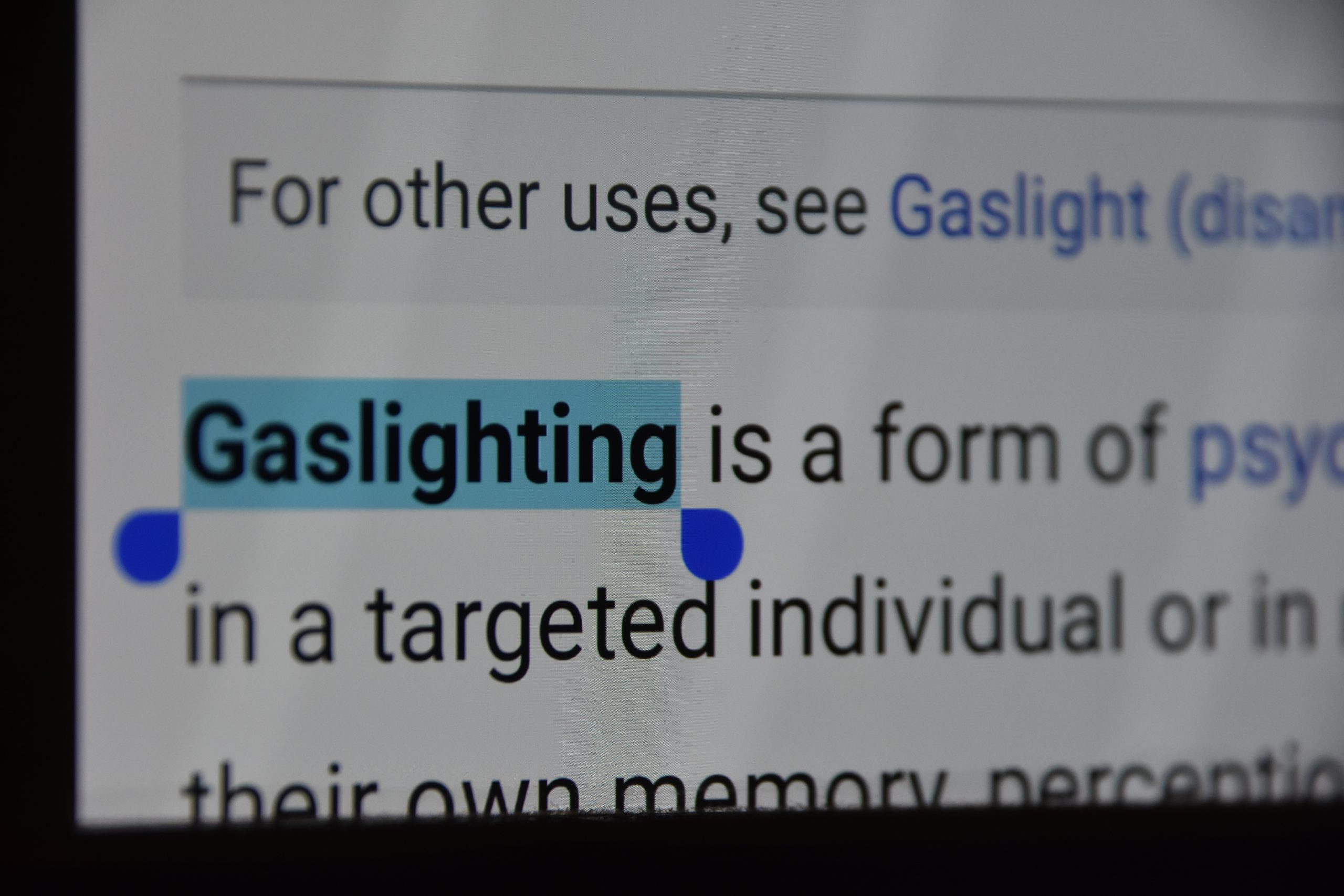Gaslighting in the Age of Smart Home Technology
When you think you are “losing your mind,” but you aren’t.
July 23, 2019
Sometimes, a gifted liar can make you wonder if you have misremembered something so completely—a psychological manipulation technique known as gaslighting. But sometimes—and increasingly in the age of smart home technology—more tangible issues raise similar questions: the thermostat in your home might suddenly be turned to 80 degrees when you know you always keep it at 68, or the Wi-Fi password that always worked no longer does. What you might not know in the latter instances is that your partner changed the temperature or the password to confuse you—and, more importantly, to plant the seed that you shouldn’t trust yourself.
Each of these kinds of incidents, repeated time and time again, can be deeply destabilizing, as the victim begins to doubt his or her ability to see the world as it truly is. The individual might even think he or she is going crazy. The goal of the gaslighter is to destabilize the other person to the point where the victim questions his/her mental stability and diminishes his/her self-confidence and self-esteem.
When you start to lose faith in your intuition, or sense you are losing a grip on reality, it might be the result of an emotionally abusive partner using gaslighting as his/her tool of choice.
Gaslighting is among the most subtle yet damaging forms of emotional abuse, and it is a technique deployed by people who seek to control behavior of others or obfuscate their own behavior—or both.
The concept of gaslighting has been around a long time. It is widely believed the term originated from the play and film “Gaslight,” in which the gas-fueled lights in a character’s home are dimmed when he turns the attic lights brighter while he searches the attic at night. The “gaslighter” convinces his wife that she is imagining the change. The term has been used in clinical and research literature, as well as in political commentary.
Much like the film’s use of dimming lights, a new wrinkle in the deployment of gaslighting is the use of smart home technology. Some of the most cutting-edge technology, which allows you to manage various aspects of your home from a remote smartphone, is being repurposed by abusers to destabilize their partners.
I have had this come up in my practice as a family law and matrimonial attorney on a number of occasions over the last several years, as those who recognize this is happening ultimately realize they must leave that relationship. And, while there has been an effort not to give budding gaslighters any new ideas about ways to torture their partners, this new phenomena has been going on for long enough that we need to talk about it, so that victims recognize the behavior and can get help.
Last year, The New York Times interviewed more than 30 domestic abuse victims, their lawyers, shelter workers and emergency responders who “described how technology is becoming an alarming new tool.” The article went on to say, “Abusers—using apps on their smartphones, which are connected to the internet-enabled devices—would remotely control everyday objects in the home, sometimes to watch and listen, other times to scare or show power.”
There is no doubt that this issue is pervasive and that it is happening in relationships that ultimately end up in divorce. Of course, those who use any form of gaslighting as a tool to manipulate (narcissists are known to employ these techniques) are also going to do all that they can to manipulate the divorce process to their advantage.
So, what do you do if you are involved with a controlling partner who you believe has been gaslighting you, and you want to leave the marriage?
- Ideally, enlist an attorney and therapeutic professional before you tell your partner of your plans. You will need to deal with numerous issues before you formally file for divorce, and alerting this kind of individual to the fact you want to leave before you properly plan can put you in harm’s way. Important note: If you believe you or your children are in immediate danger, do not wait to act.
- If you do not already have an attorney, ask those you are consulting about what, if any, experience the attorney has working with adversarial spouses who suffer from or are affected with personality disorders. Narcissists, for example, do not compromise easily, and you need to choose an attorney who will go the distance with you and who understands narcissism.
- Ask your attorney about filing a temporary restraining order that includes restraining the use of all smart home devices.
- Educate yourself on the smart technology in your home. Once you know how it works, you are more likely to understand how it can be manipulated.
- Keep a record of all attempts to confuse or belittle you using technology, or other lies that can be proven otherwise. Go back as far as you can to document when this behavior started to occur and how it has evolved. Setting forth facts and recalling specific incidents are very important, and this information will be helpful later, if you need to convince the court that your partner has been behaving in this way.
- Share this record of information with your attorney and therapist. Evidence and witnesses can be very helpful to prove a case of any behavior.
- Most of all, it is critical to remember to protect your emotional well-being and the emotional health of your children.
As I often say: the very best way to protect yourself from experiencing any of the above is to recognize the signs of mental illness before you enter a relationship. Love does not need to be blind, and the signs should not be overlooked or ignored. Be careful with whom you have a relationship, a marriage and most importantly a child.
These opinions should not substitute as a diagnosis or as legal or psychological advice, as each case is unique. If you are facing a similar situation, it is critical to contact a family law attorney in your area as soon as possible.
Originally published July 23, 2019 in Psychology Today.

